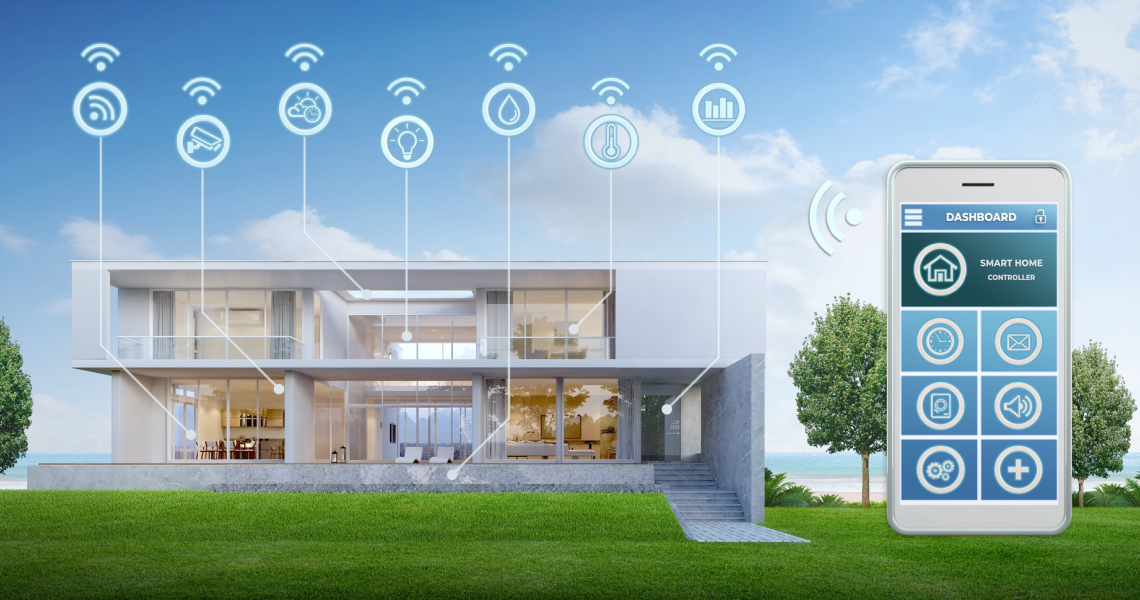The real estate market is always changing as a result of shifting customer tastes, advancing
technology, and socioeconomic changes. Examining the change in consumer tastes in the real
estate industry as we move forward is crucial. Real estate professionals may adjust and meet the
changing needs of homebuyers by being aware of these changes. In this blog post, we will explore
some of the significant shifts in consumer preferences that
are shaping the real estate market in 2023.
Sustainable and Energy-Efficient Homes:
The importance of sustainability and energy efficiency has increased recently. Homebuyers are
increasingly looking for properties that reduce their environmental footprint and offer
long-term cost savings. Demand for eco-friendly elements, including solar panels, energy-saving
appliances, smart home technology, and green building materials, has increased. To entice
environmentally concerned customers, real estate developers and realtors can think about
including these amenities in their residences.
Flexibility and Remote Work:
Since the COVID-19 outbreak, many businesses have adopted rules allowing employees to work
remotely. Homebuyers and renters are thus giving more weight to homes with dedicated home
offices, high-speed internet connectivity, and adaptable floor plans. As people place a higher
value on larger spaces and a better work-life balance, the demand for homes in suburban and
rural locations has also increased. To fulfill the evolving expectations of customers, real
estate professionals should emphasize these qualities and adjust to the new realities of remote
work.
Enhanced Health and Wellness Features:
The pandemic has significantly heightened awareness of health and wellness. Consumers now look
for homes with amenities that are health-focused , like gyms, outdoor leisure areas, walking
paths, and close proximity to parks or green spaces. Additionally, buyers are searching for
homes with areas designated for exercise and relaxation, decent indoor air quality, and natural
lighting. To attract consumers who are concerned about their health, real estate developers can
think about including these wellness amenities in their developments.
Smart Home Technology:
Smart homes are revolutionizing the real estate industry in India, and it continues to be a key
trend in real estate. Consumer interest in homes with automated systems and smart home gadgets
that provide convenience, security, and energy efficiency is rising. Popular smart home
technologies include voice-activated assistants, security systems, smart thermostats, and
lighting controls. Real estate professionals should showcase these technological advancements
when marketing properties to tech-savvy buyers.
Use of Virtual reality (VR) and
augmented reality (AR):
With advancements in virtual reality (VR) and augmented reality (AR) technologies, consumers now
expect more personalized and immersive experiences when searching for properties. Virtual tours,
3D floor plans, and interactive property listings can provide potential buyers with a realistic
feel for a property without physically visiting it. Real estate agents and developers should
embrace these technologies to enhance the buying experience and cater to the preferences of
tech-forward consumers.
As we navigate through 2023, the real estate market is witnessing a significant shift in
consumer preferences.The main variables affecting homebuyers and renters include sustainability,
flexibility for remote work, health and wellness features, smart home technology, and
personalized virtual experiences. Those in the real estate industry who are aware of and
responsive to these shifting preferences will have a competitive advantage. In the dynamic real
estate market of 2023, they may better match the wants and expectations of contemporary
consumers by aligning their offers with these changing trends.

 Whatsapp
Whatsapp back to lists
back to lists






